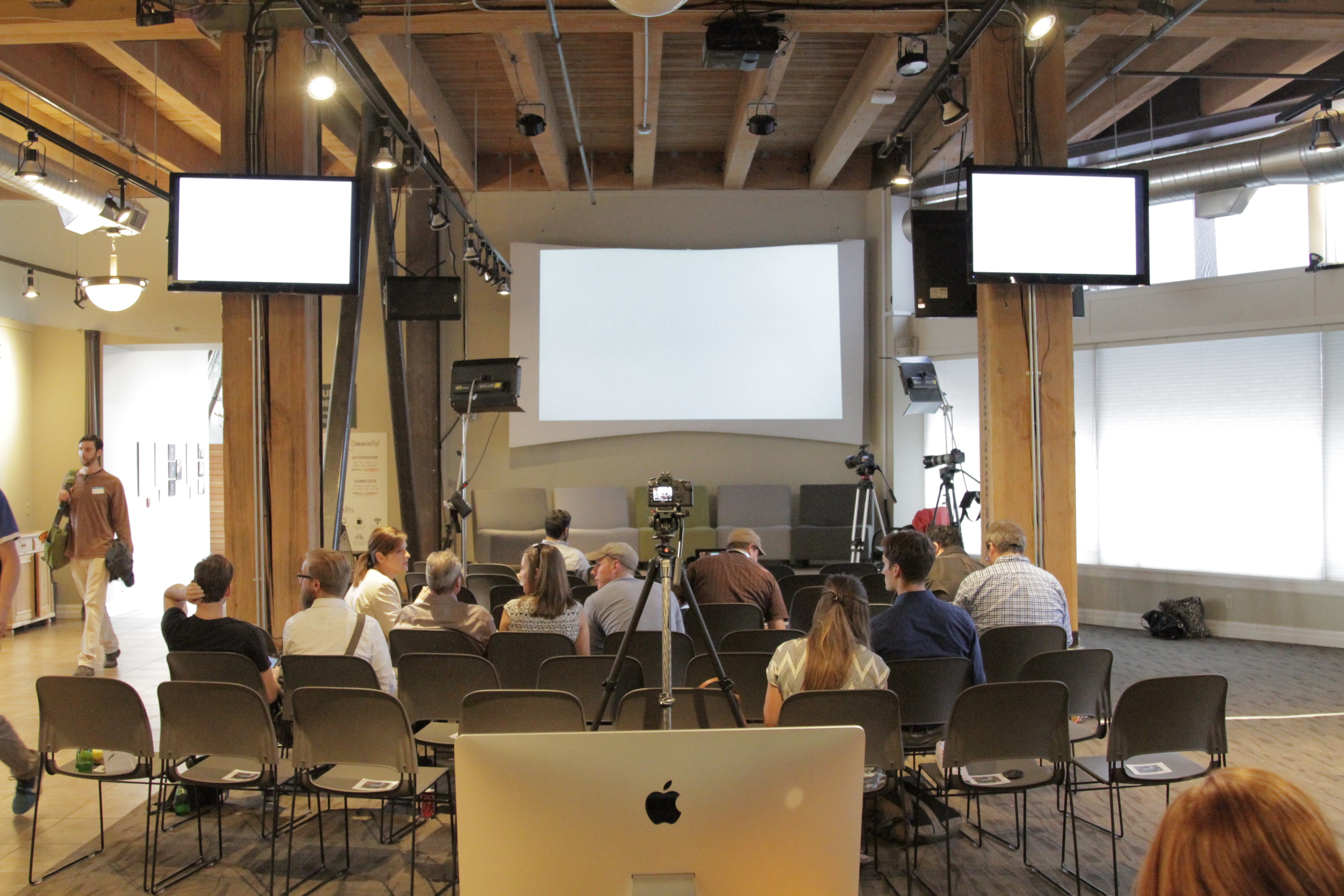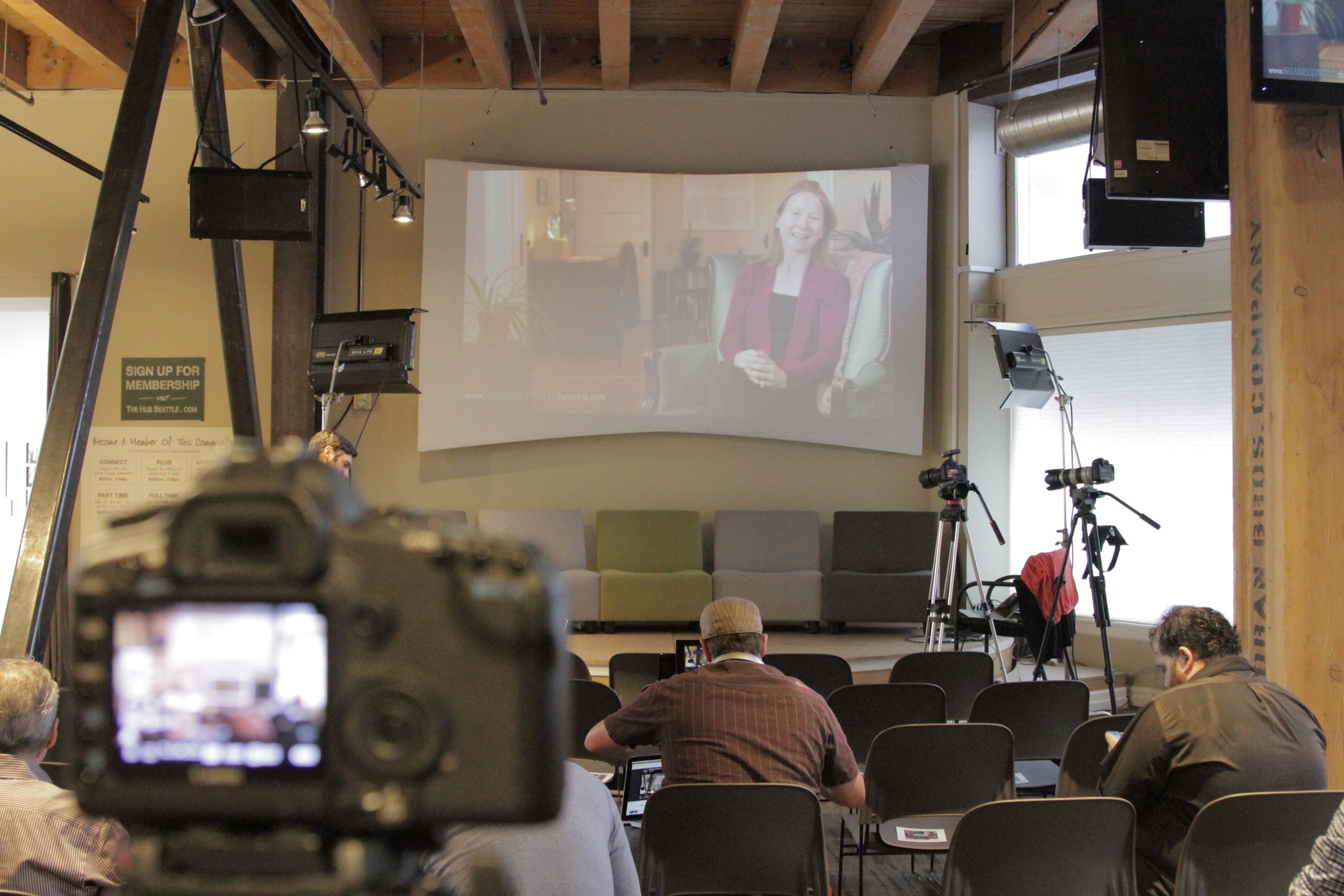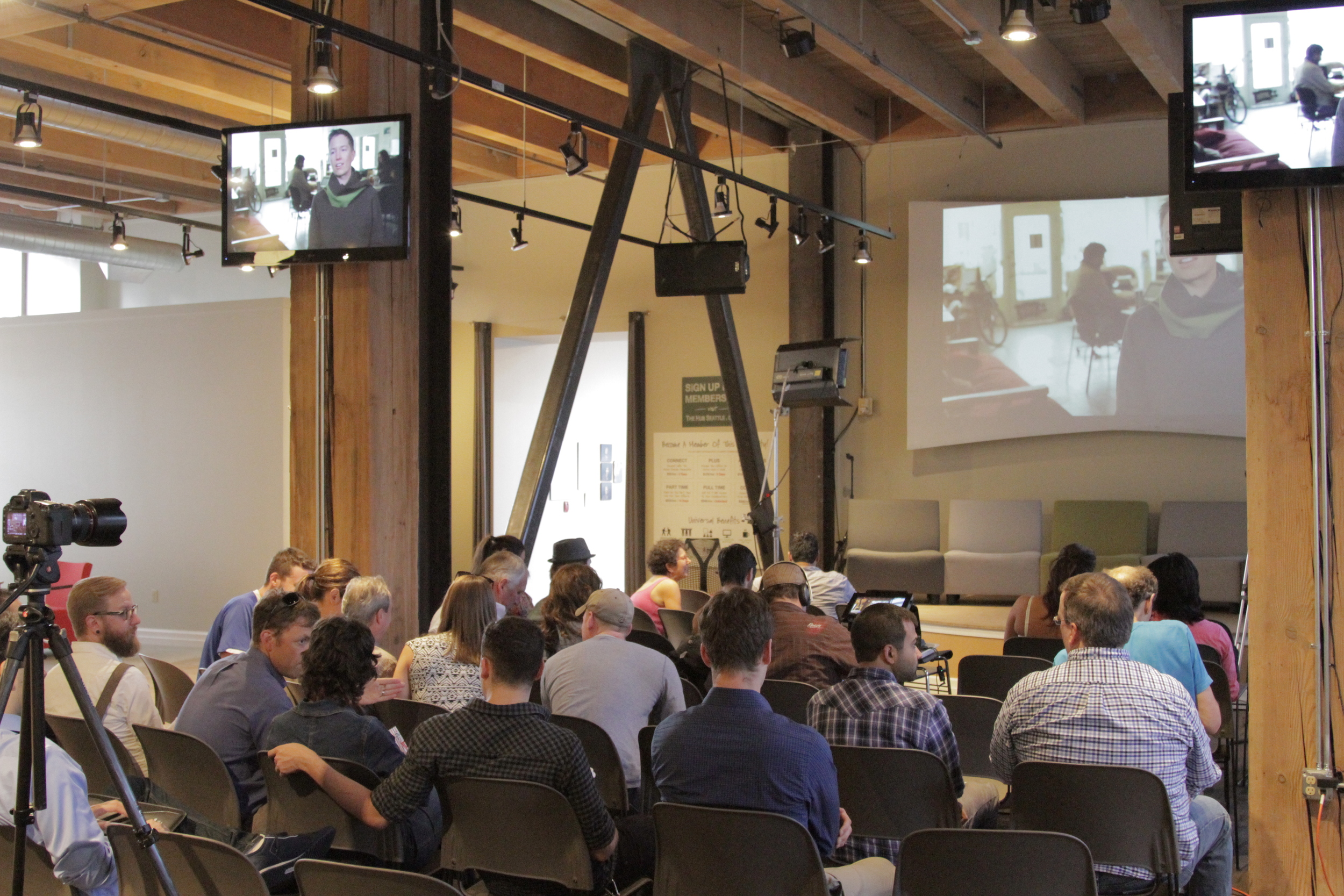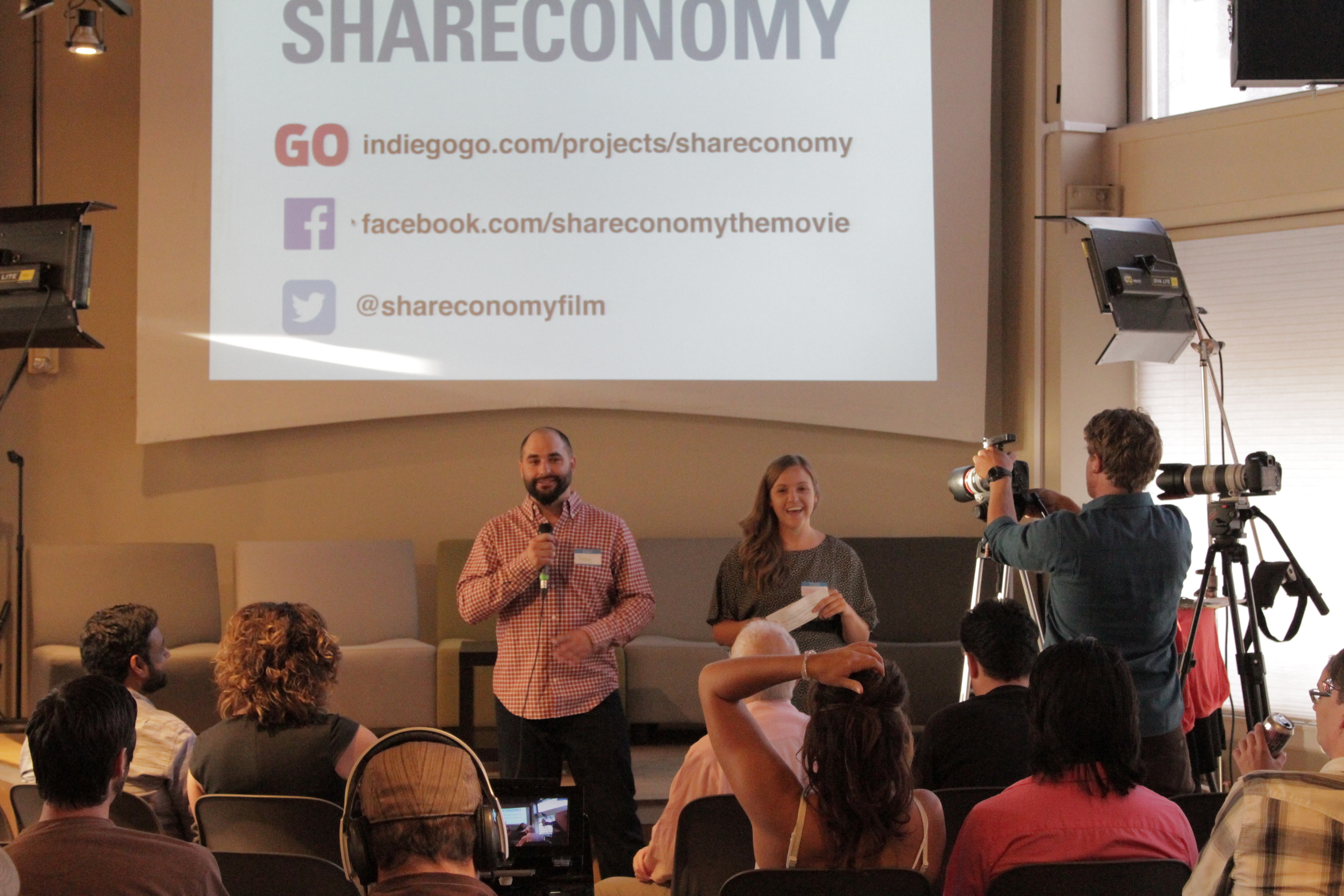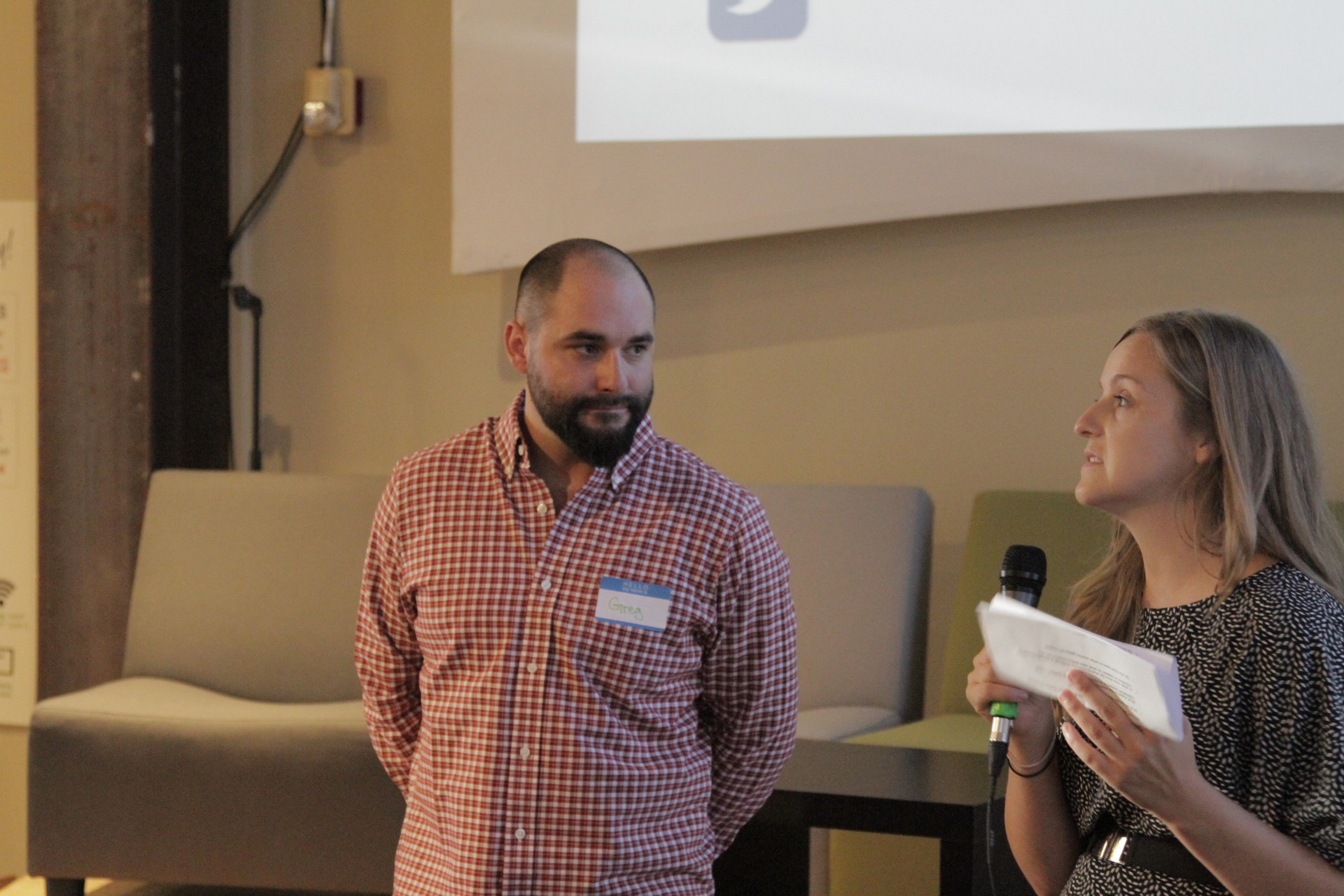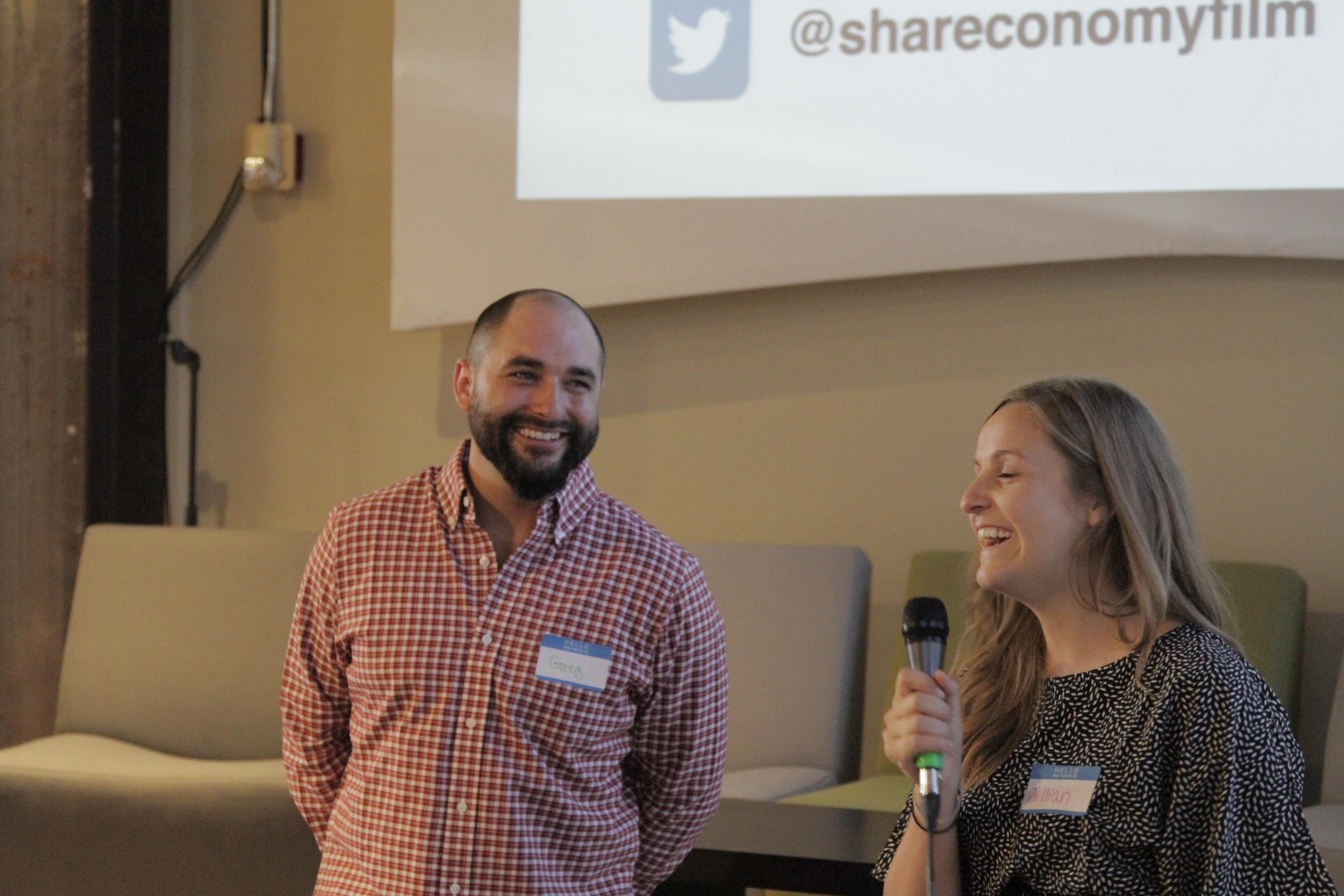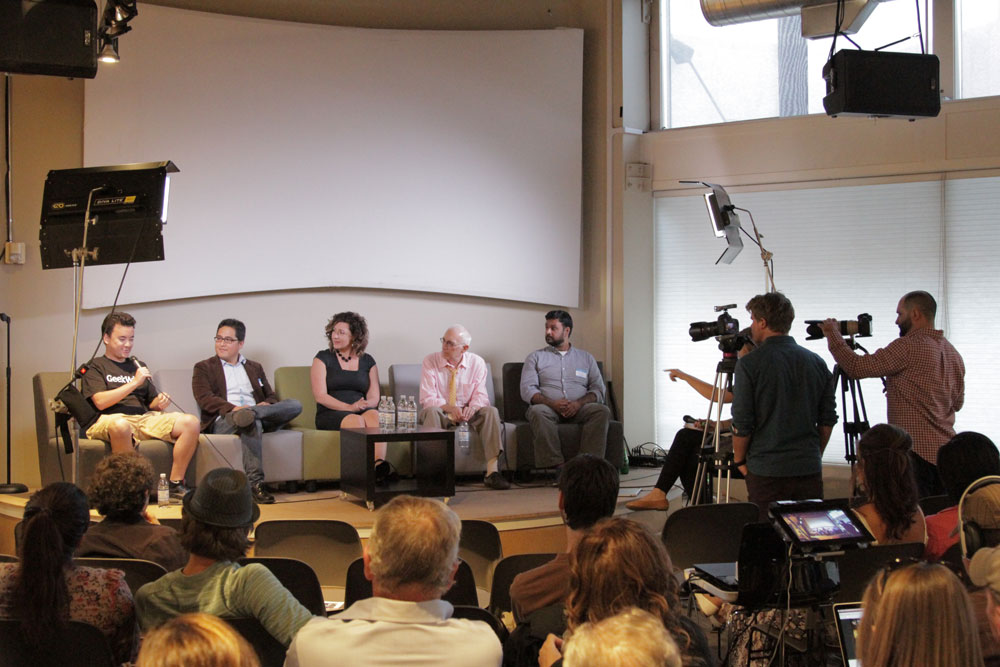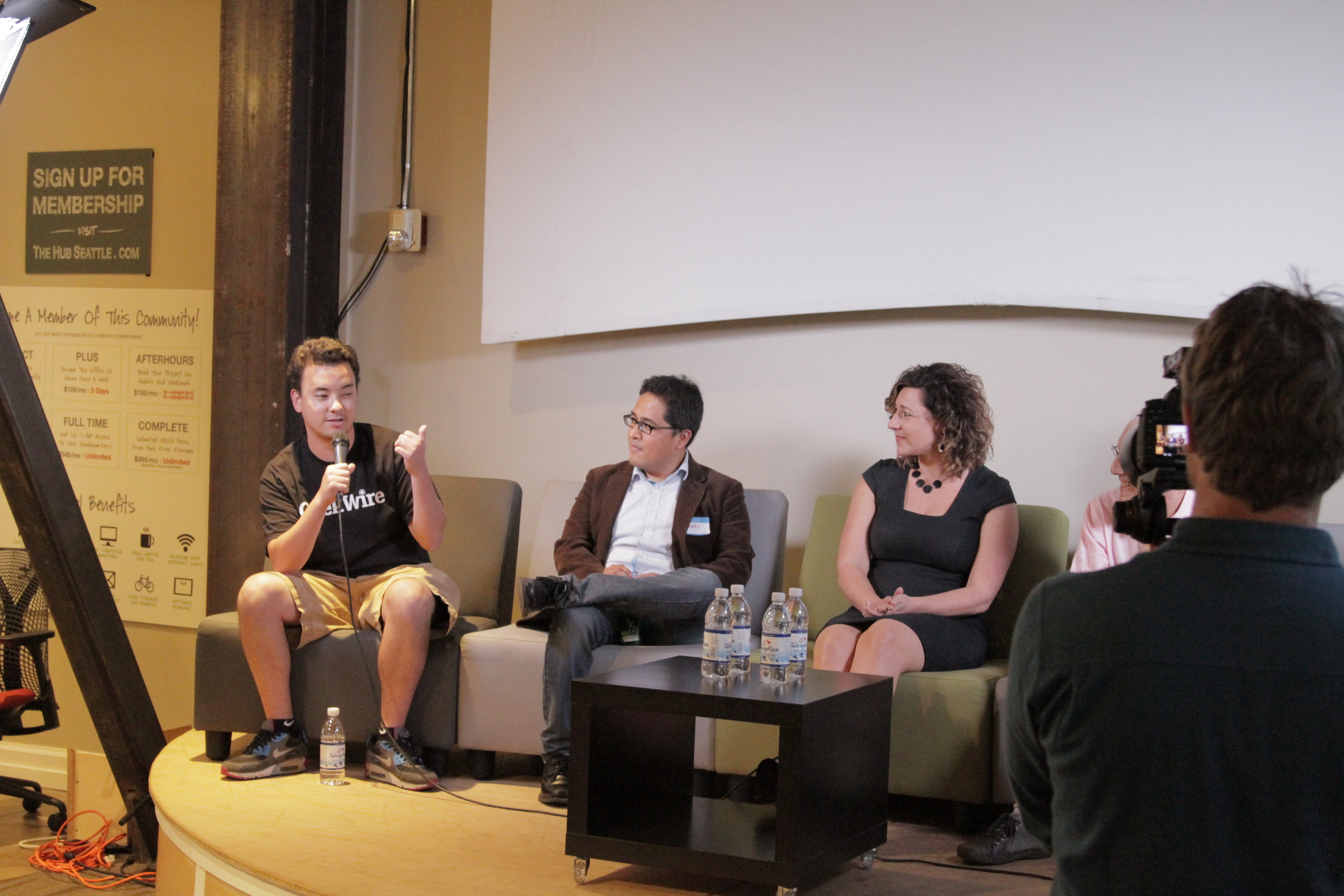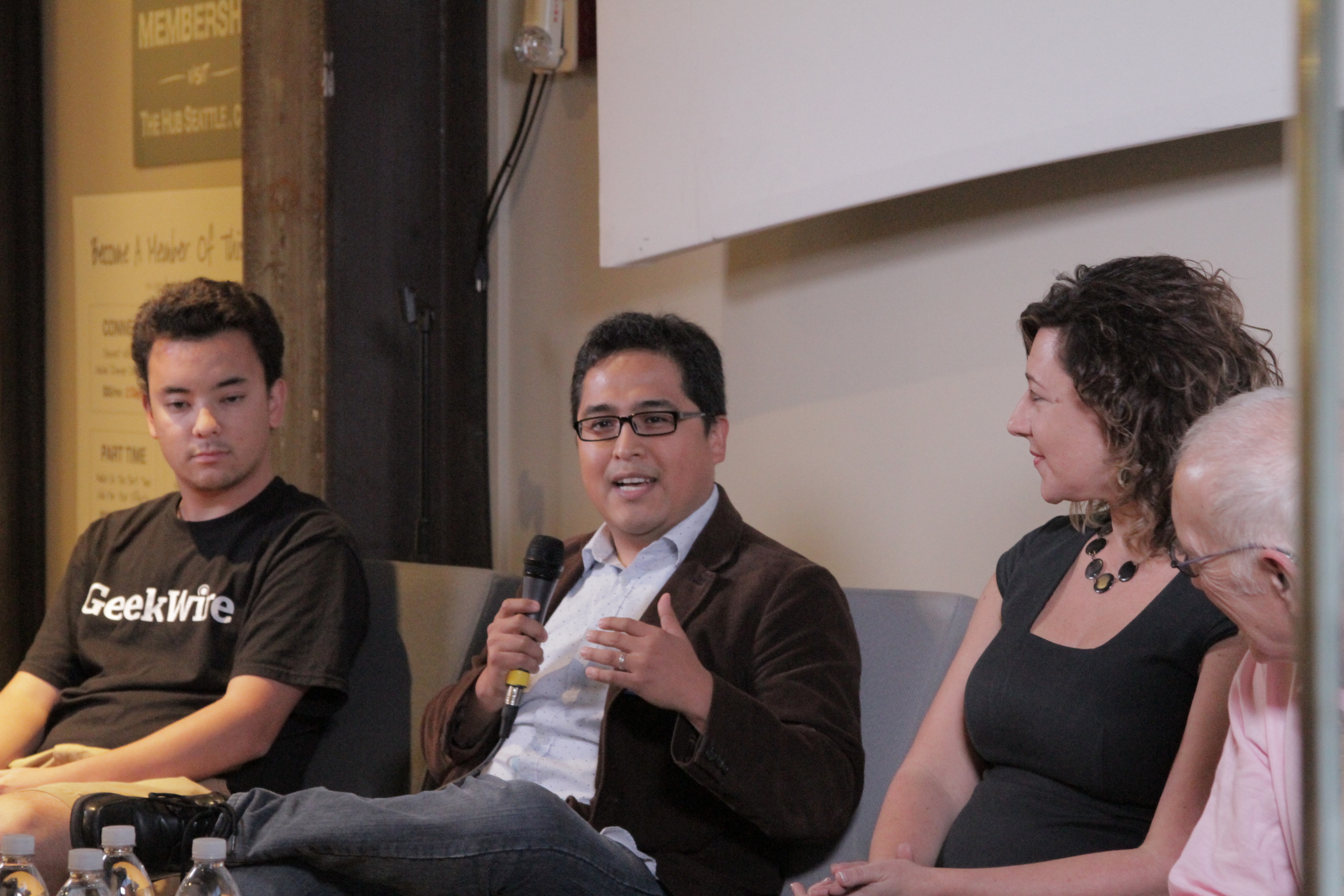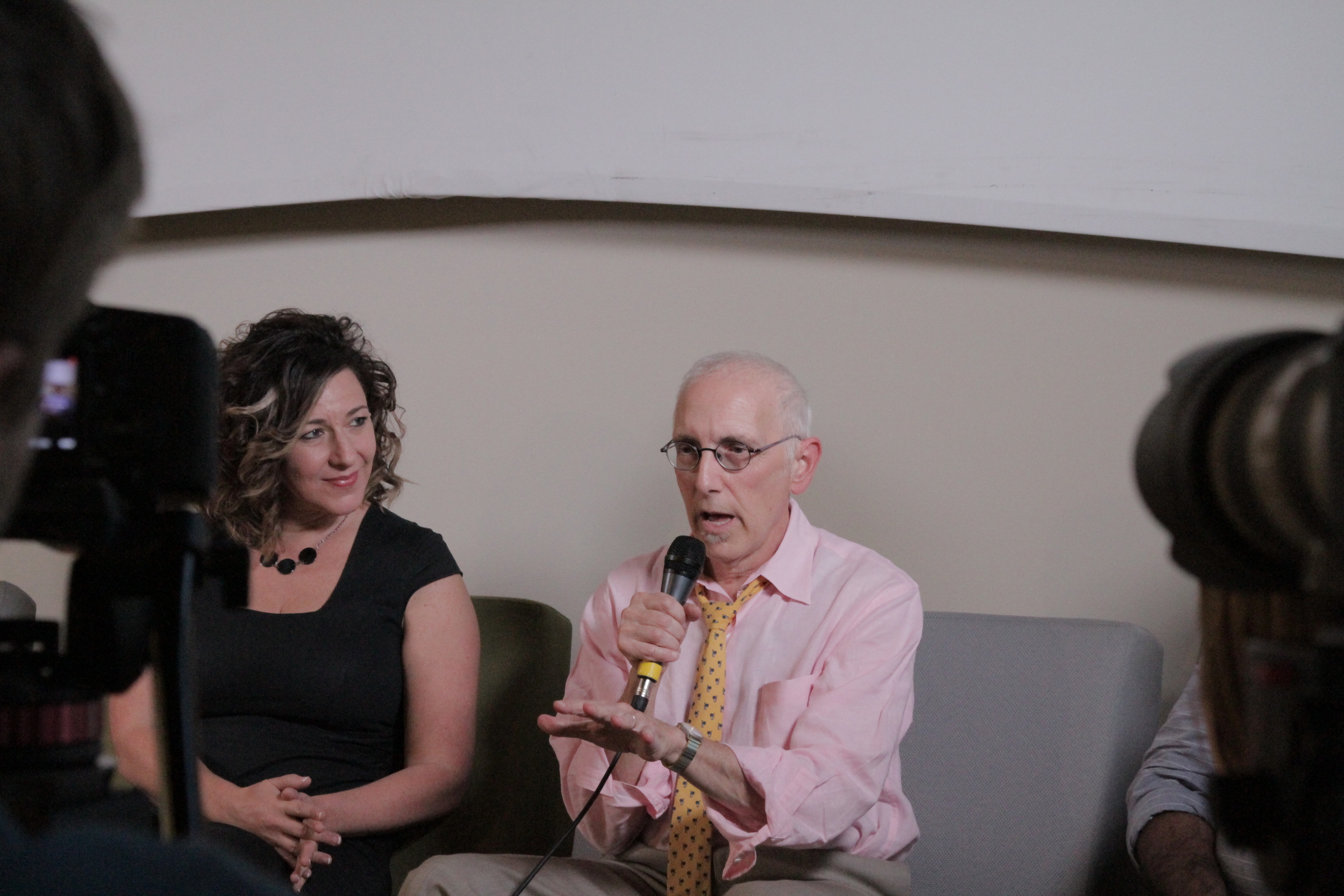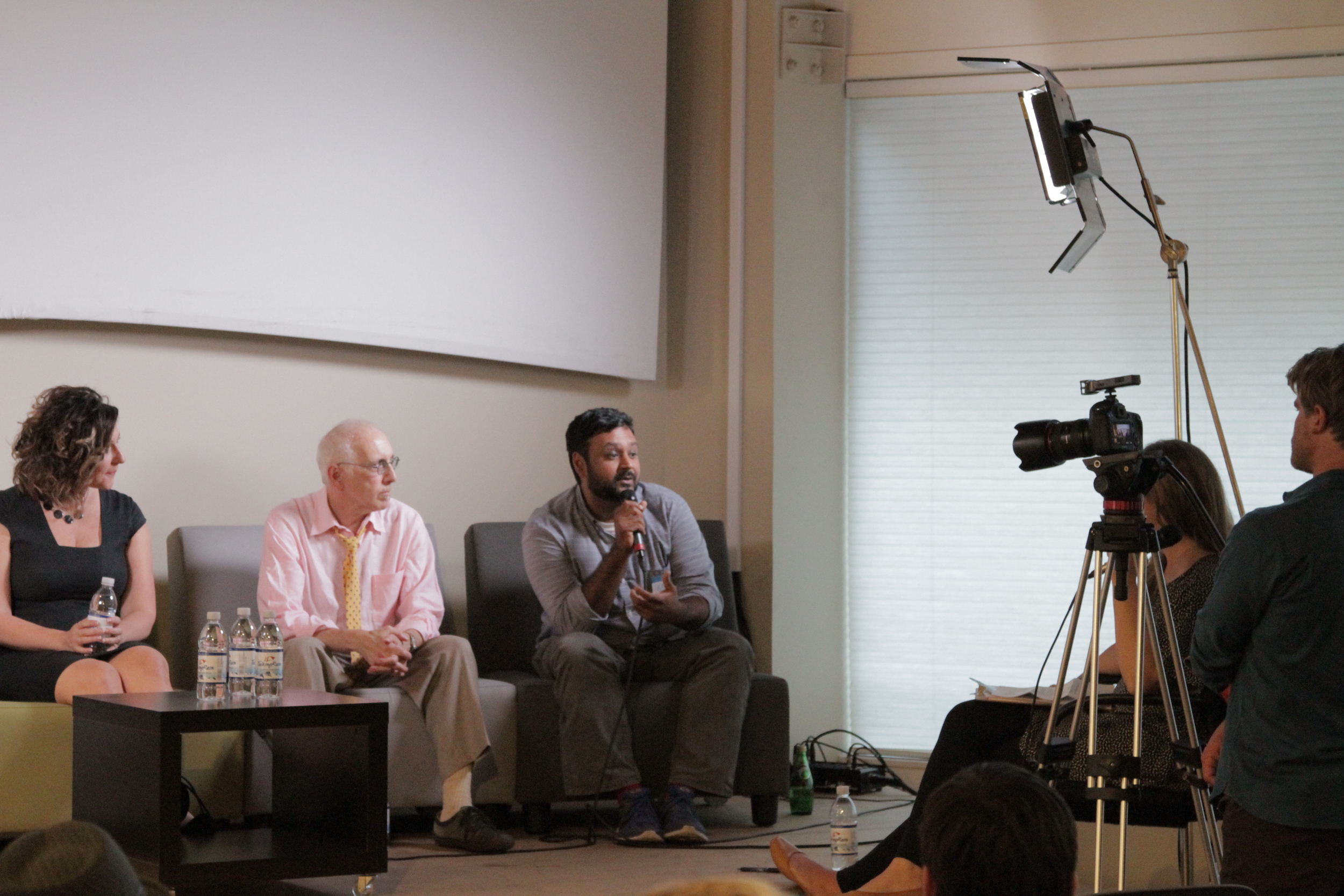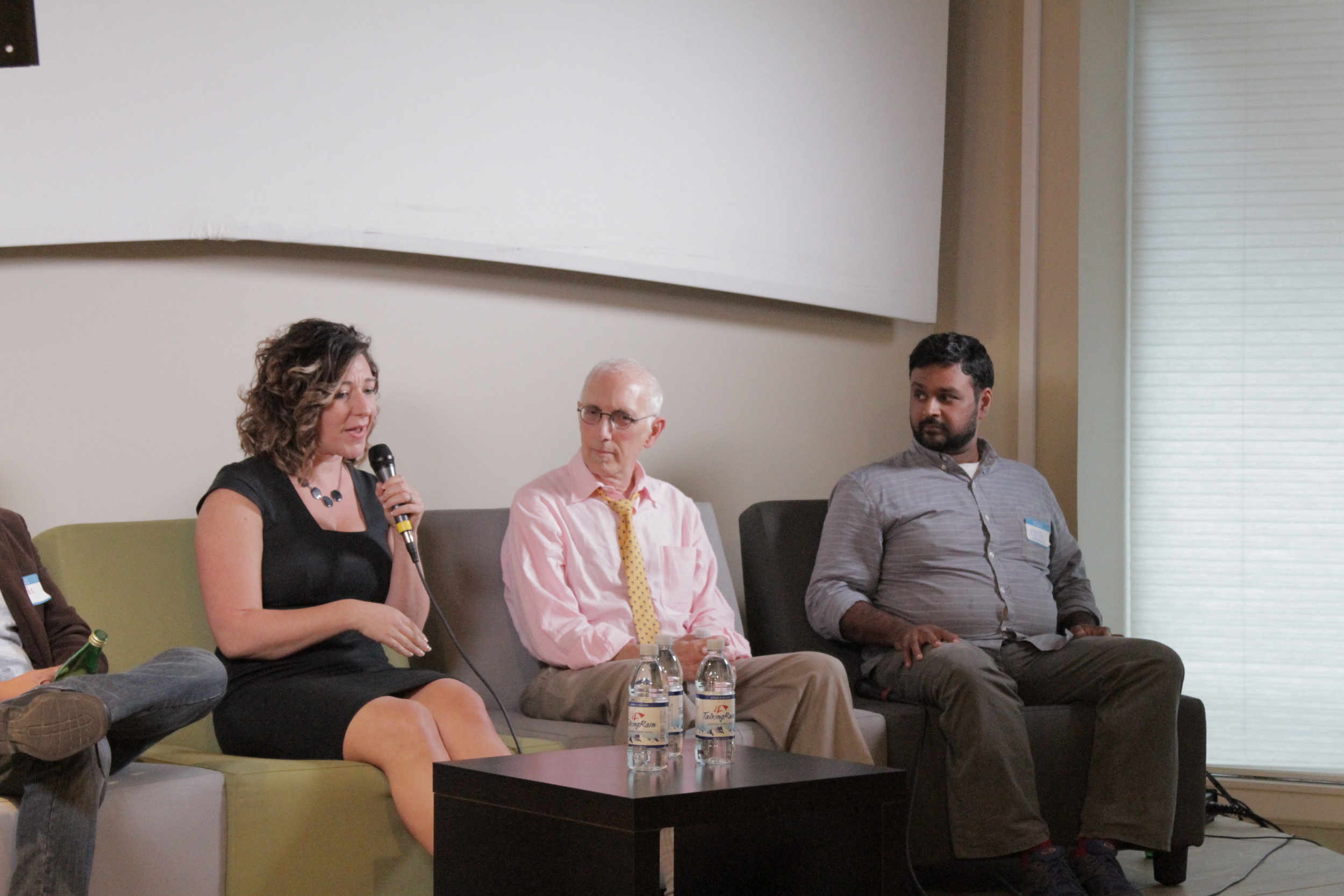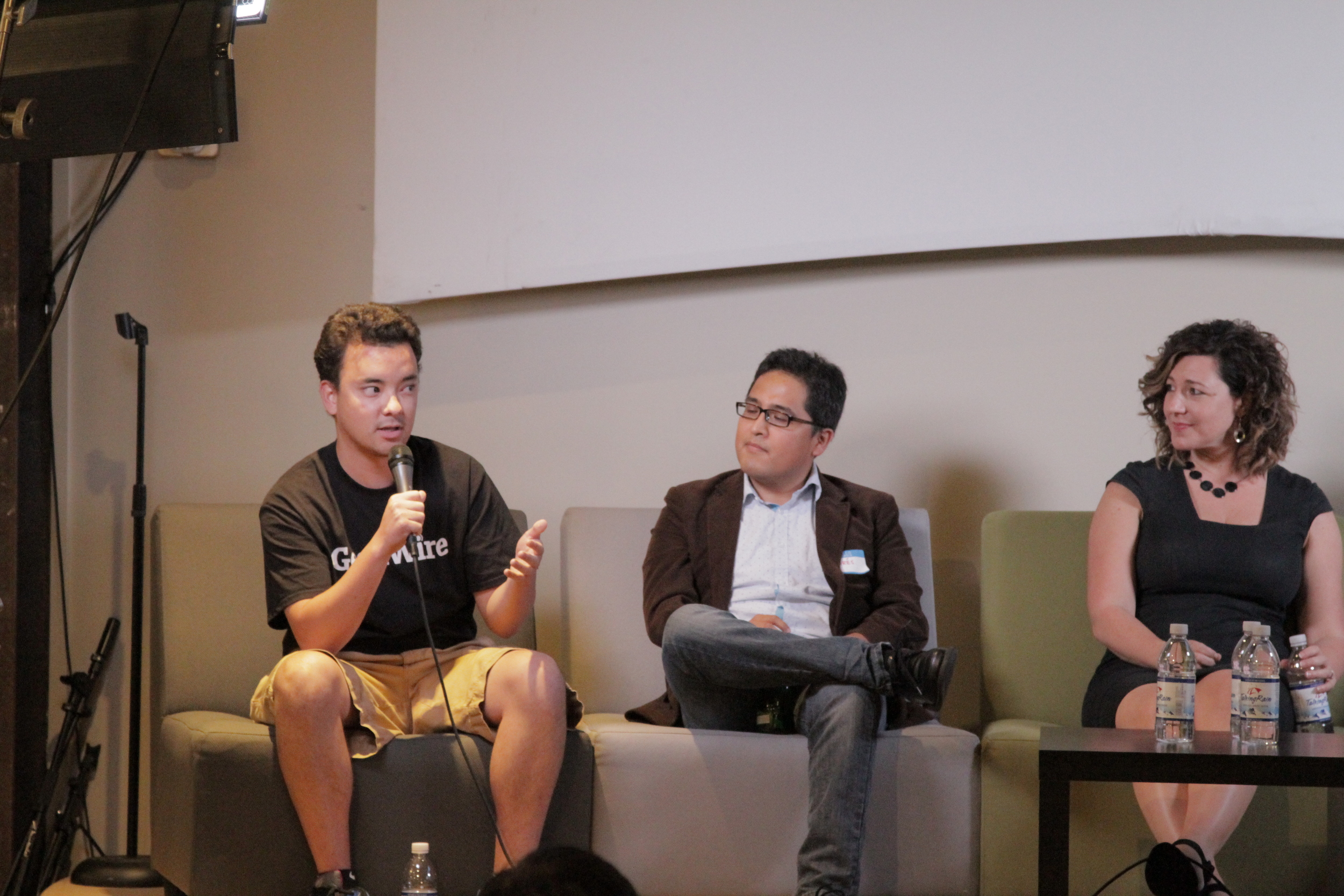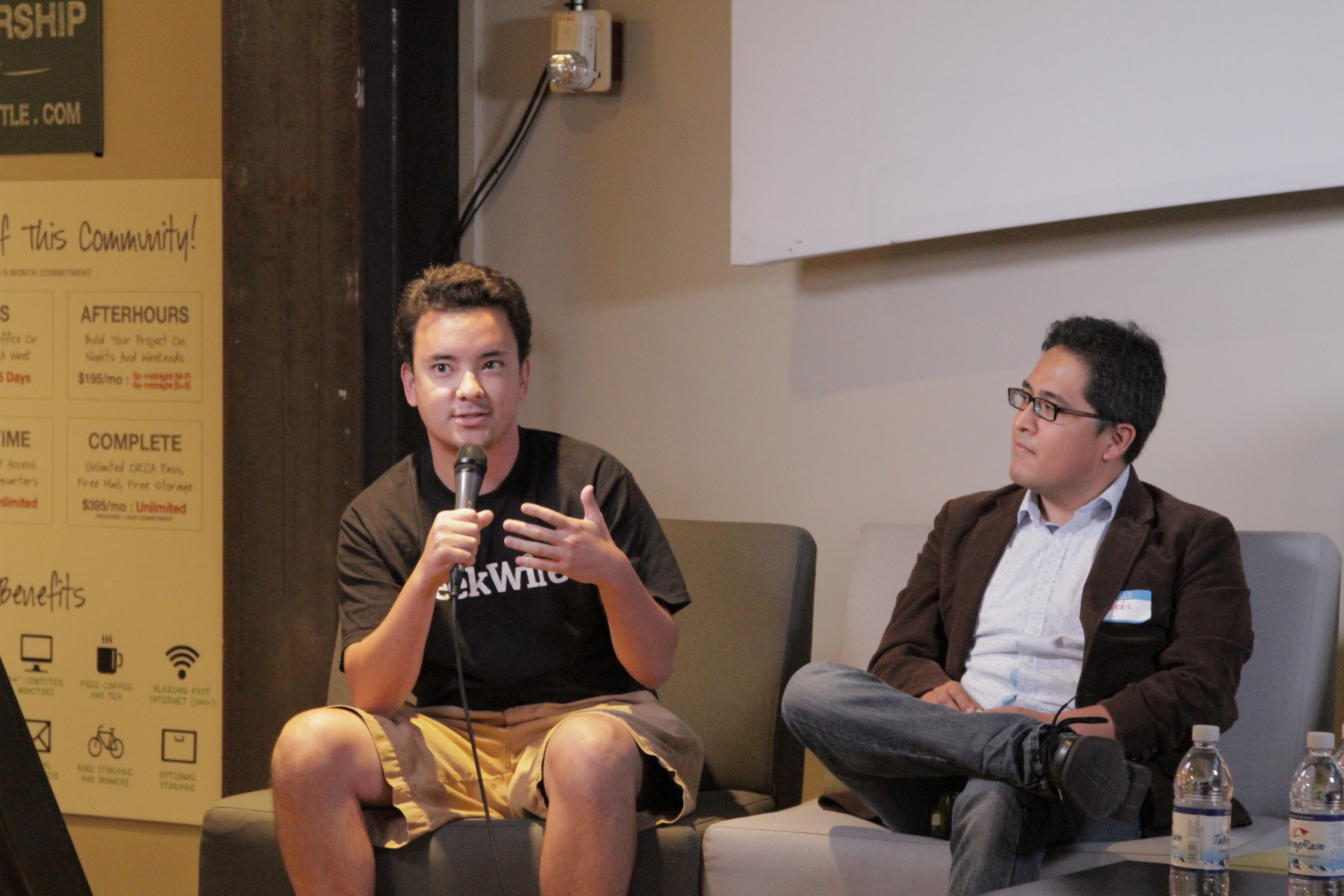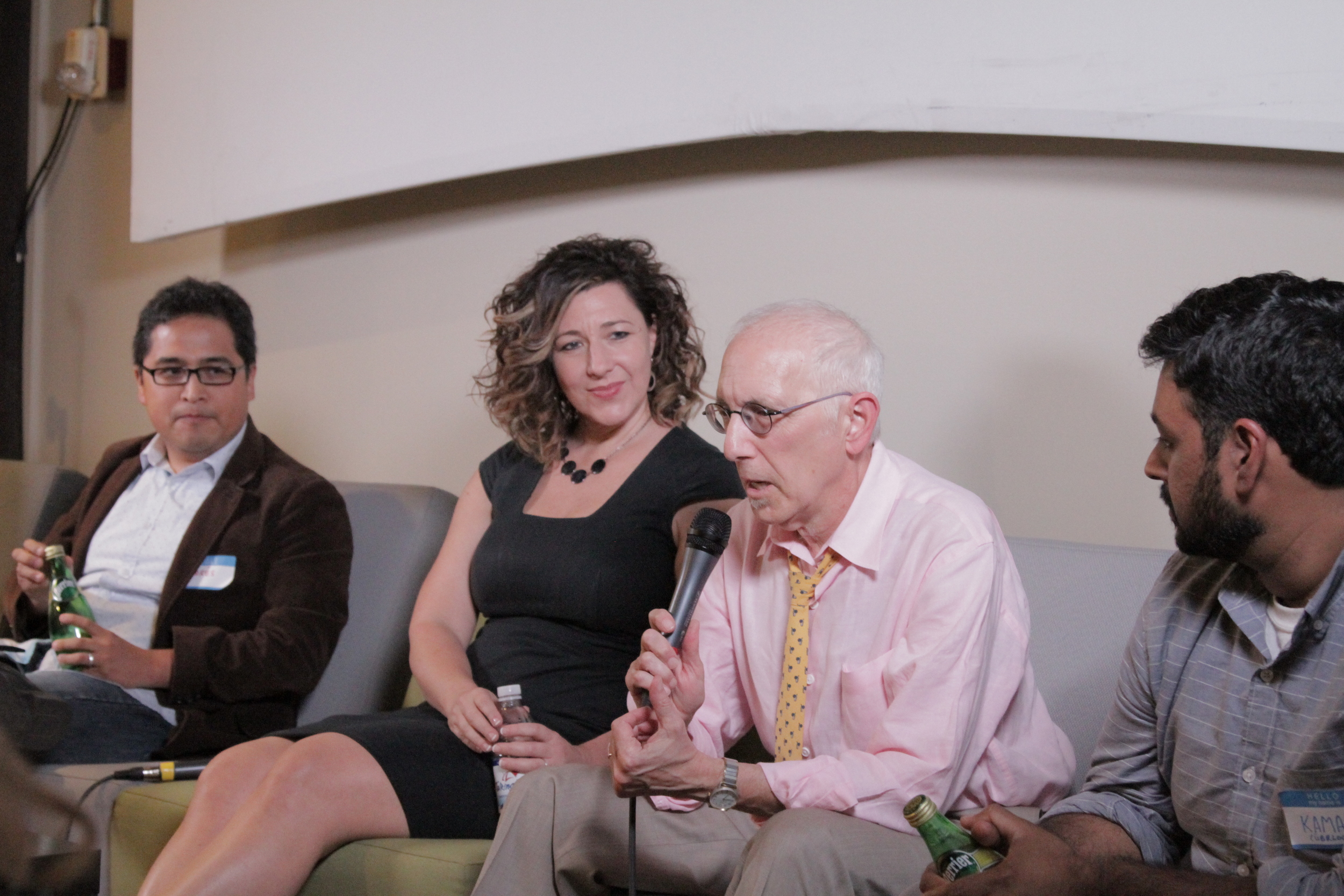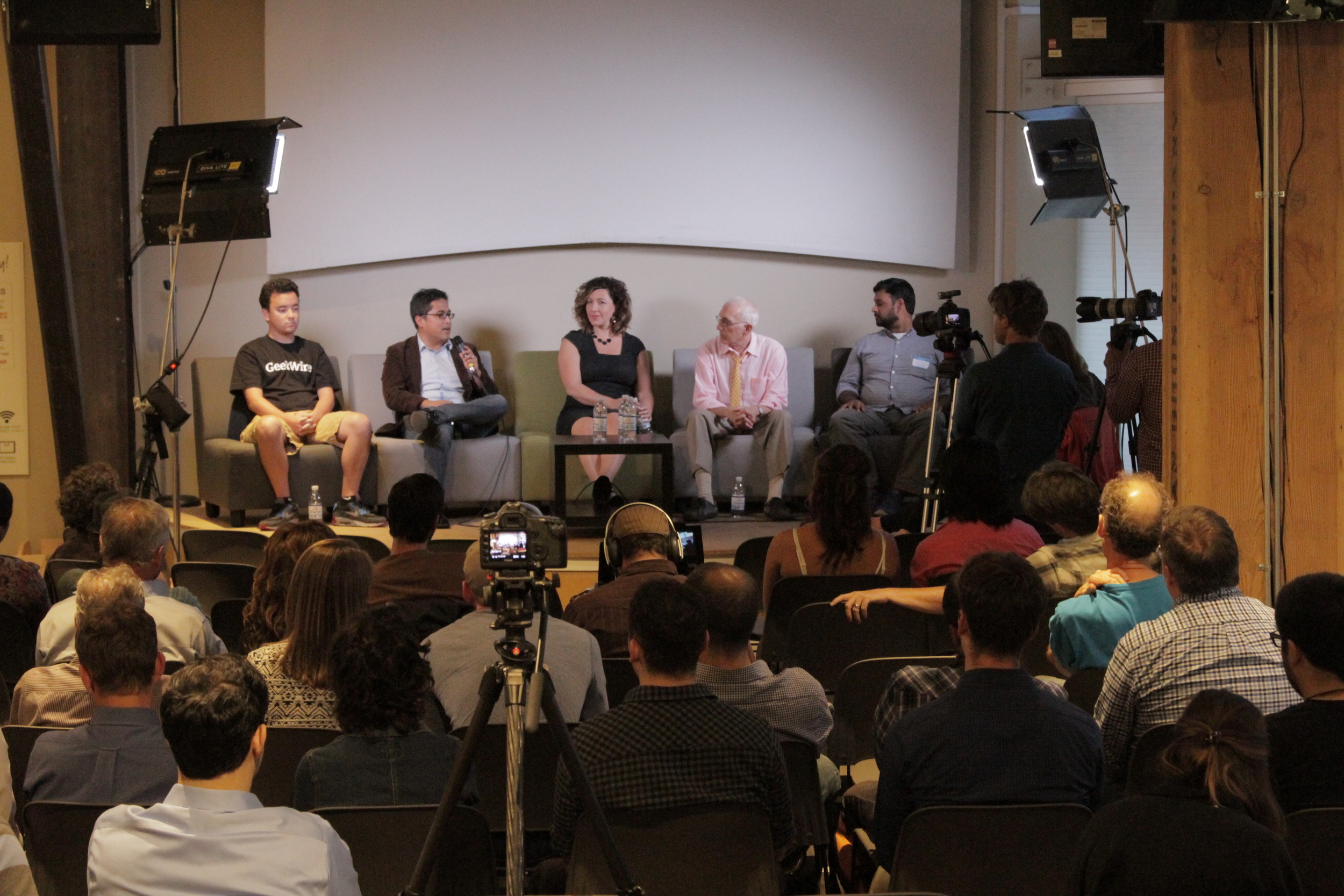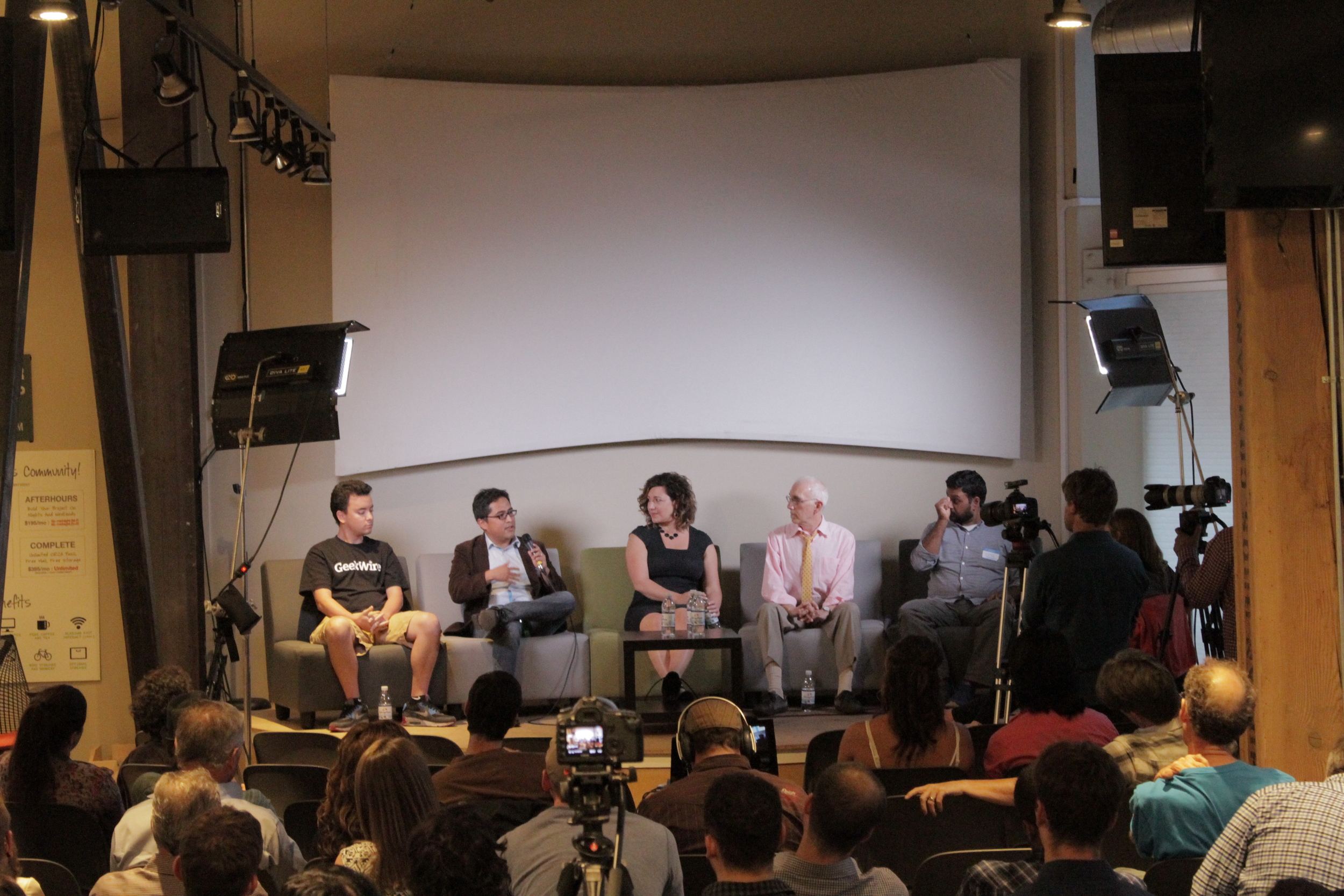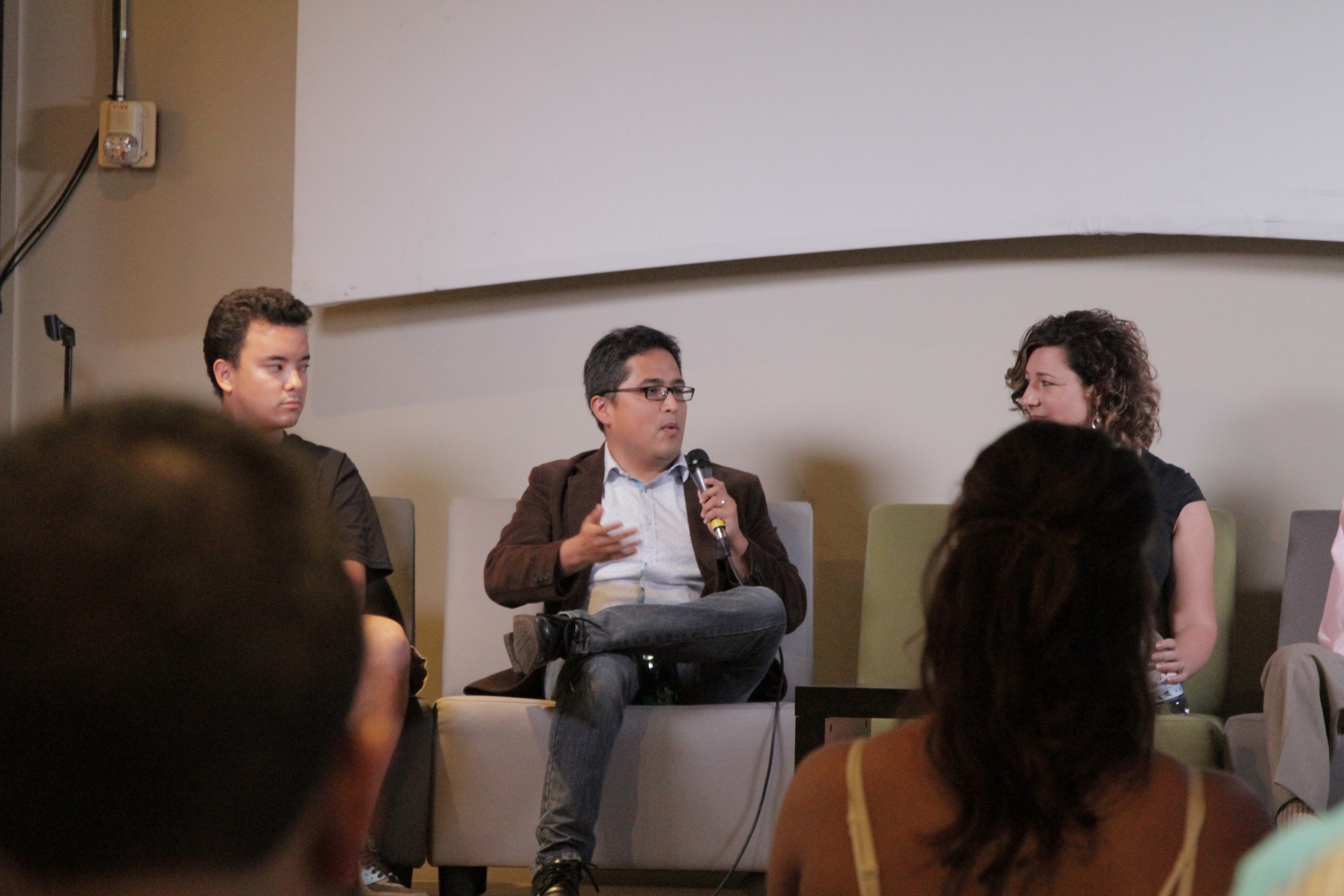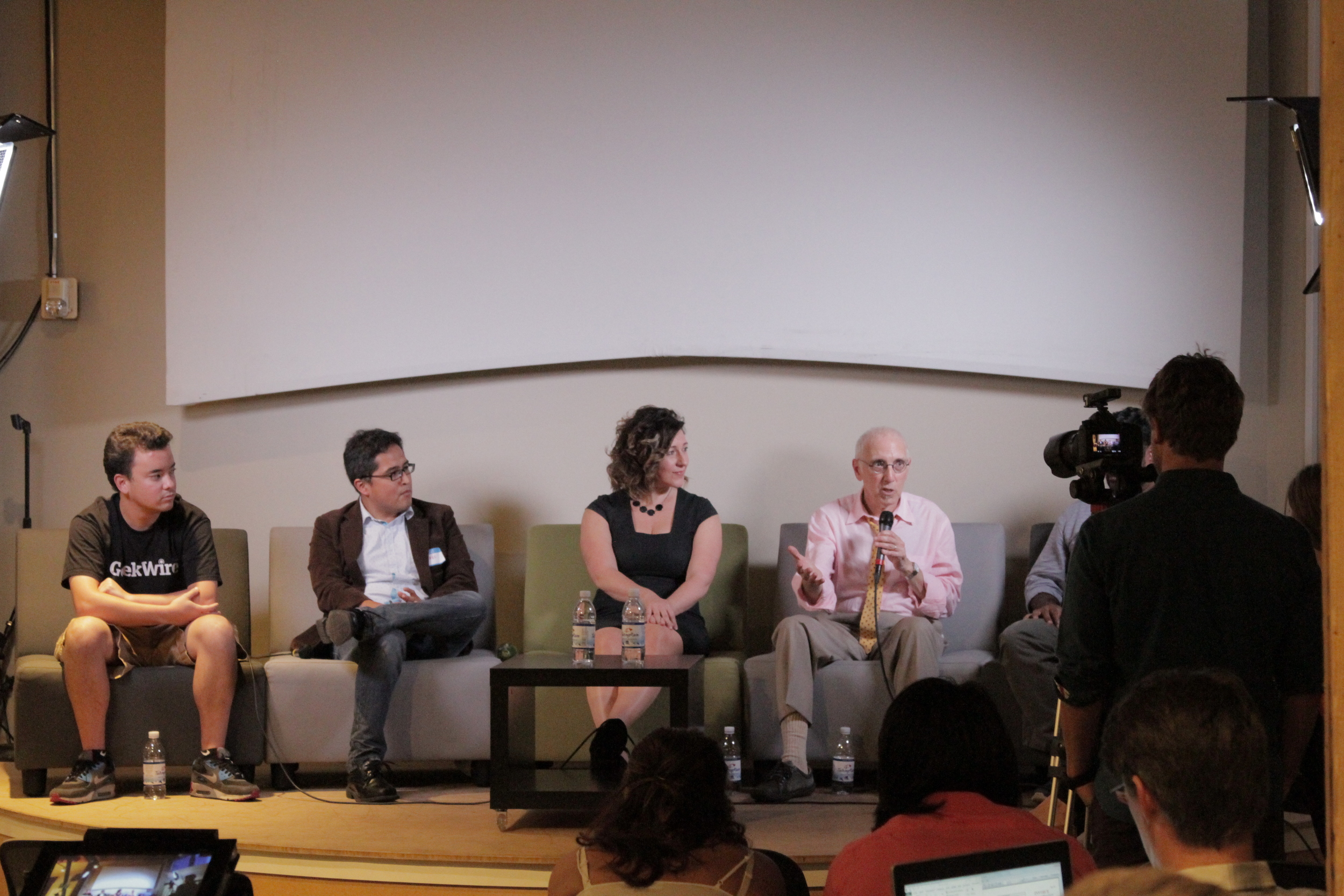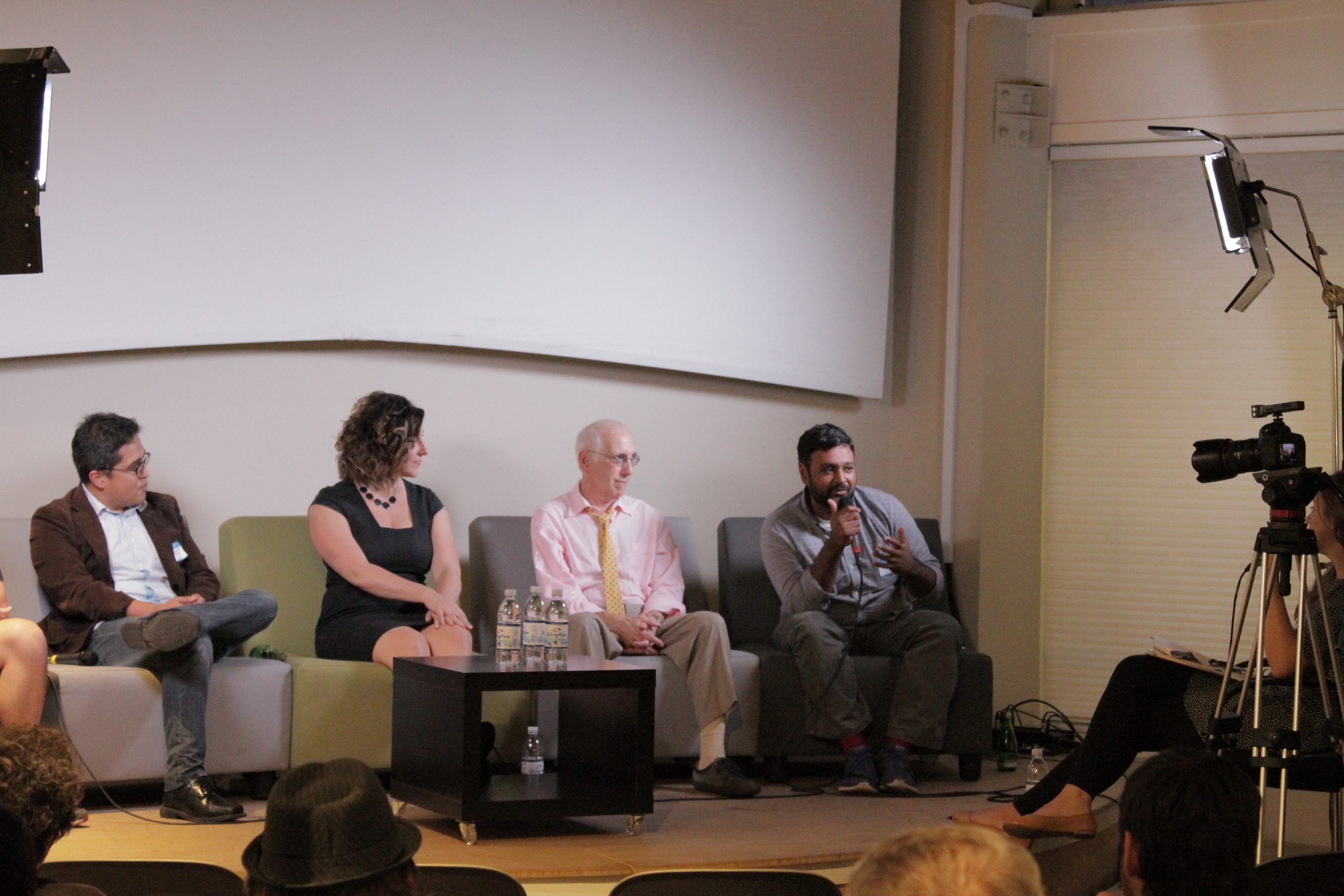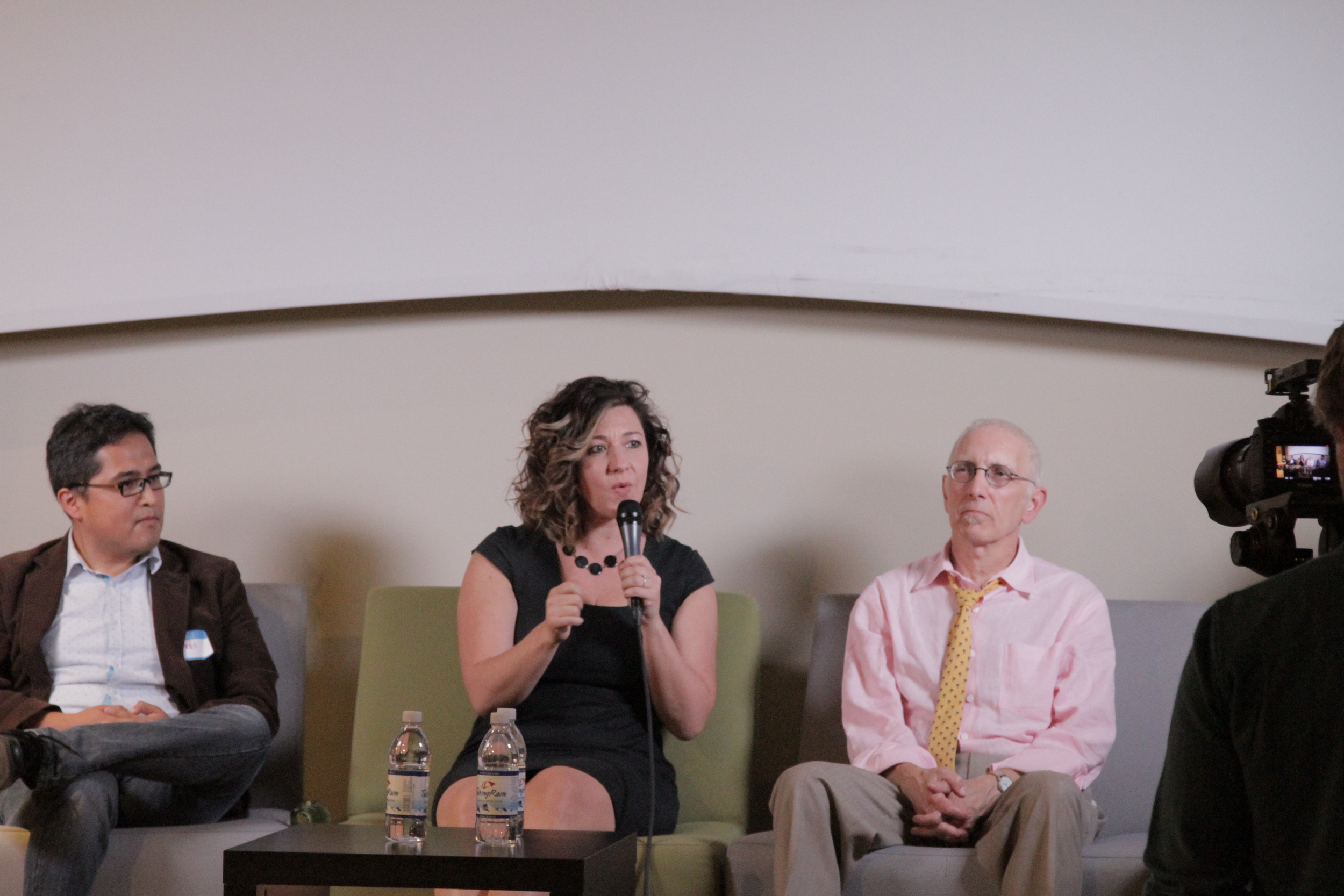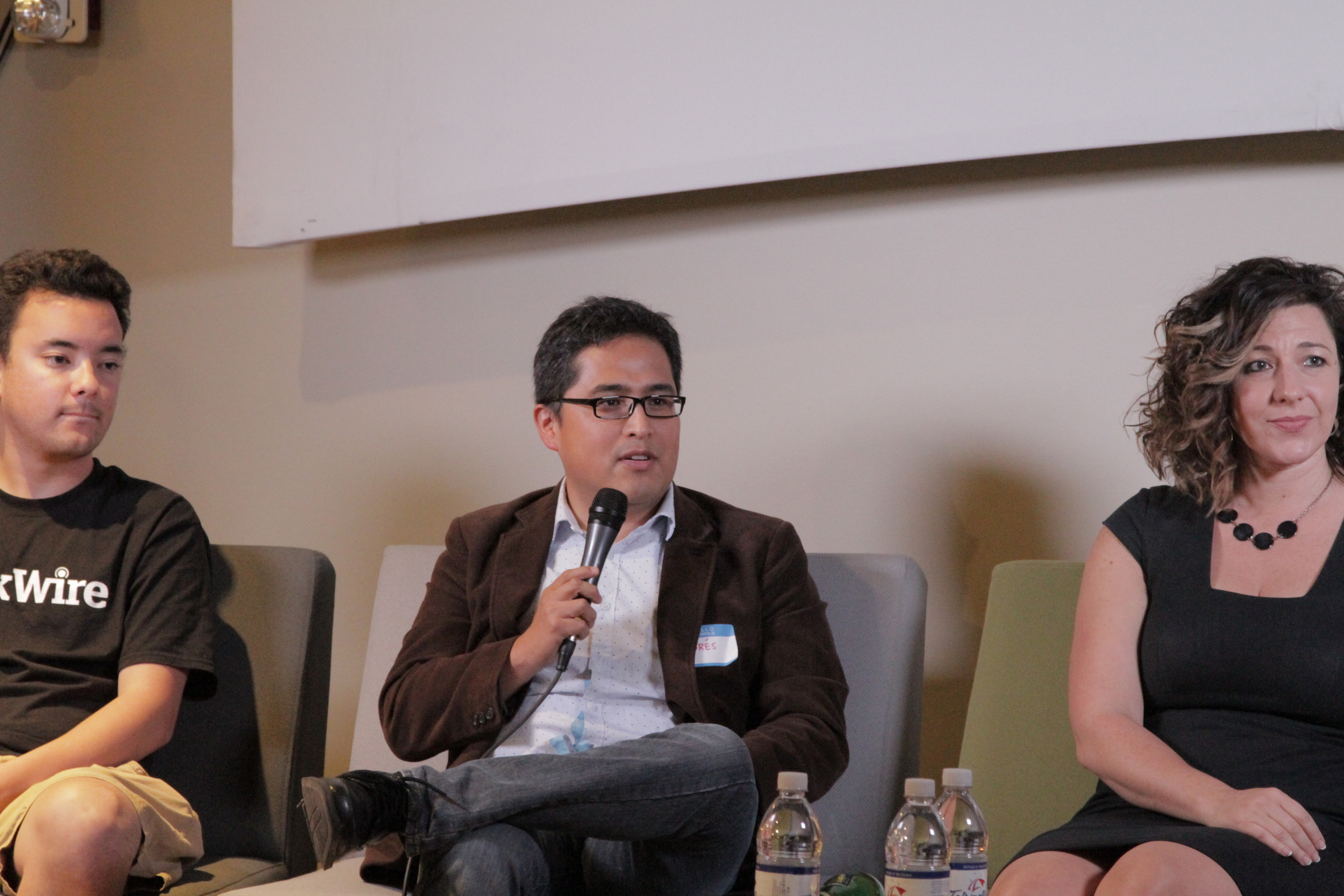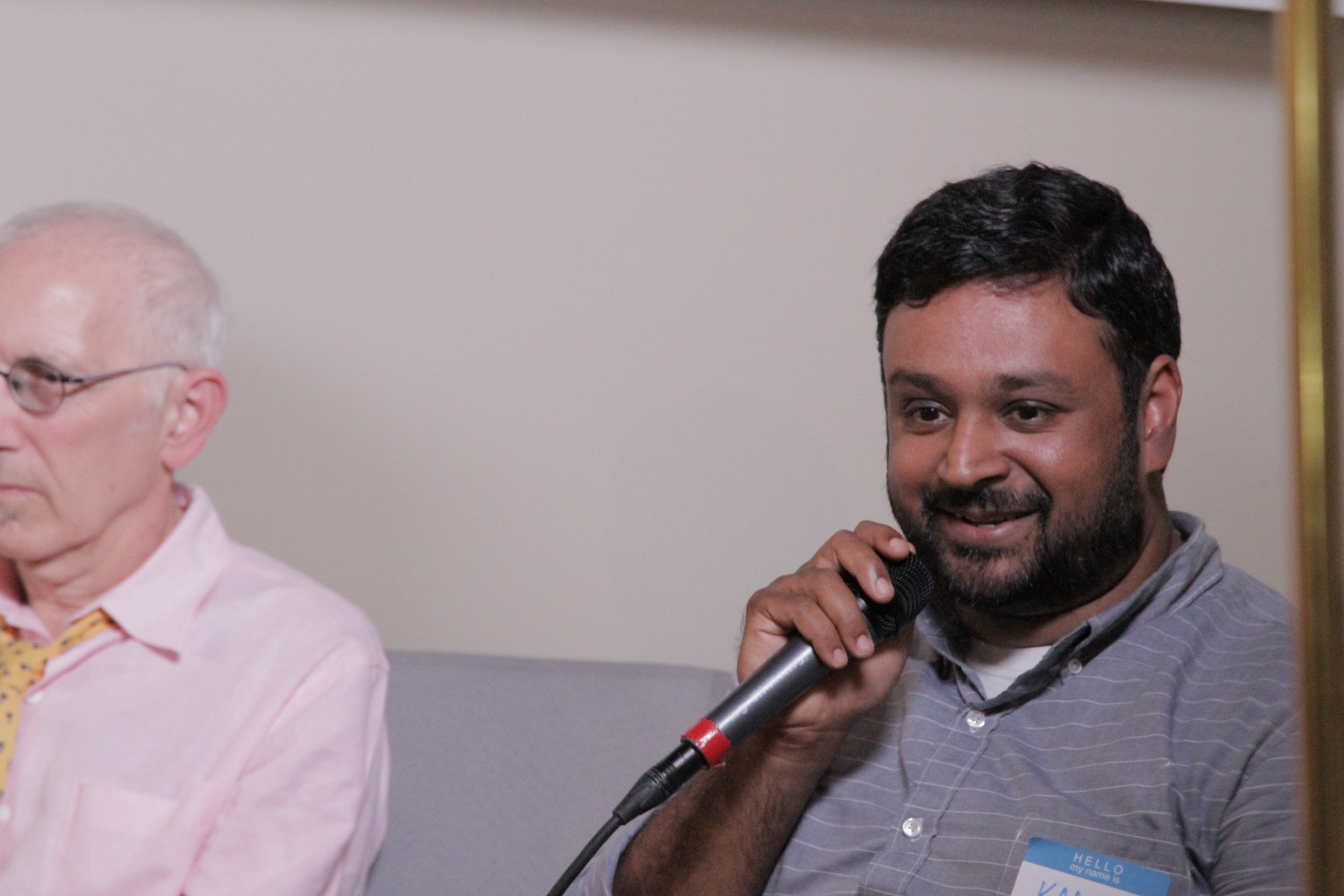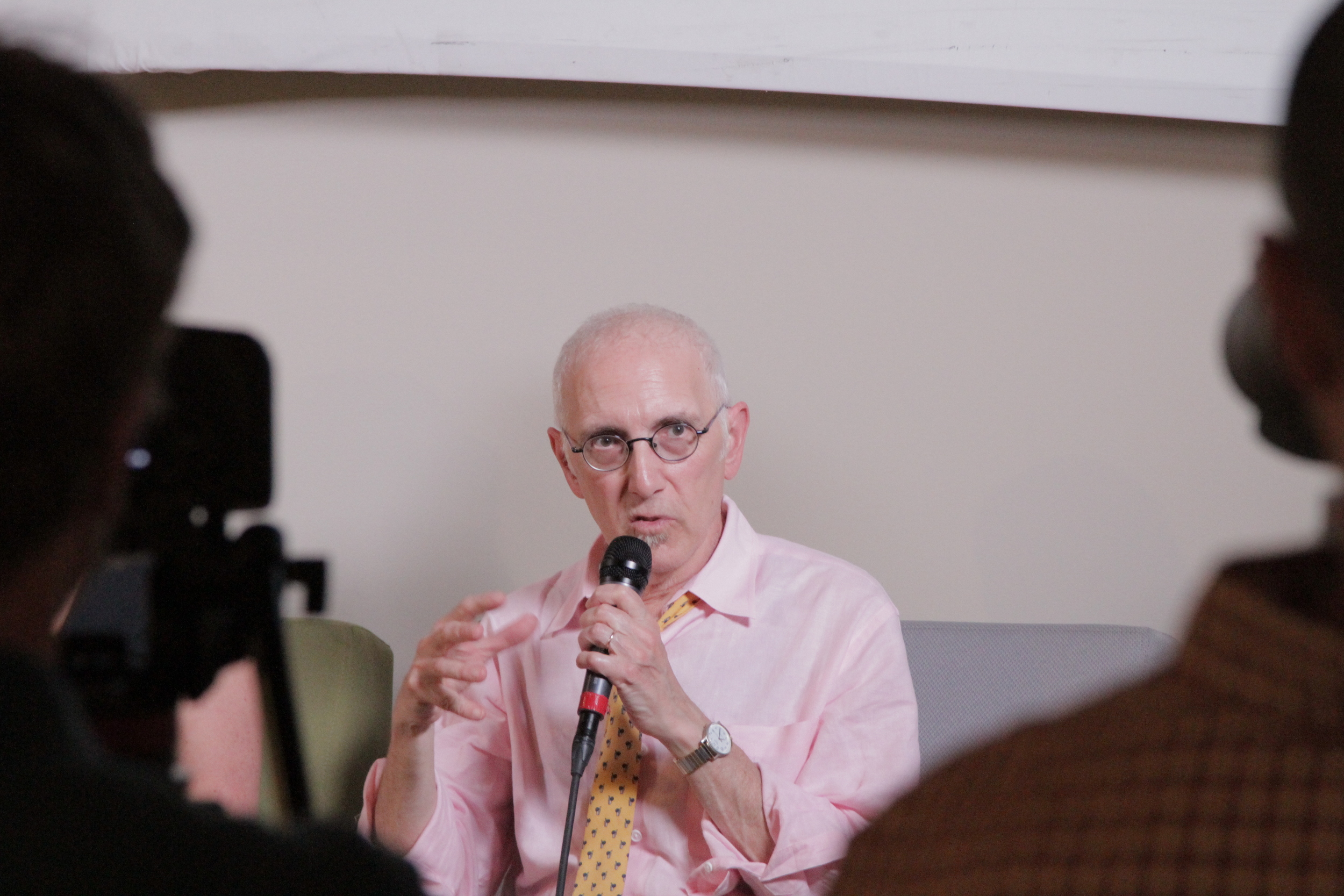Welcome back!
Last fall we wrapped up our Indiegogo campaign and started planning Shareconomy's next steps. Through crowdfunding we raised an incredible $15K which allowed us to travel across the United States and complete several key interviews. This trip broadened our sphere of influence and got us to places in America where the sharing economy is making an impact.
These additional interviews and those we completed before will be the foundation for Shareconomy the film. It was especially important that we capture the varying stances on the collaborative economy. We interviewed everyone from platform founders and users, to state assemblymen, to sociology experts, to people we met on the streets. By investigating every side of the sharing economy we can better determine it's progression and future impact.
We also integrated ourselves in the sharing economy community as much as possible. We stayed with Airbnb hosts, were fed by strangers, and tried our best to use collaborative platforms when we could. This was not only a great way to travel, and lots of fun, it also put us in the shoes of those using the sharing economy every day.
So after 10,000 miles and six cities we are back in Seattle and ready for the next steps in completing the film. Currently we are rolling into post-production. We are very excited to be working with Killer Infographics who will create the motion graphics for Shareconomy.
We thank everyone for all the great support we've received and can't wait to finish the project. In the meantime check out some of the photos we took on our trip.
Thank you!






















